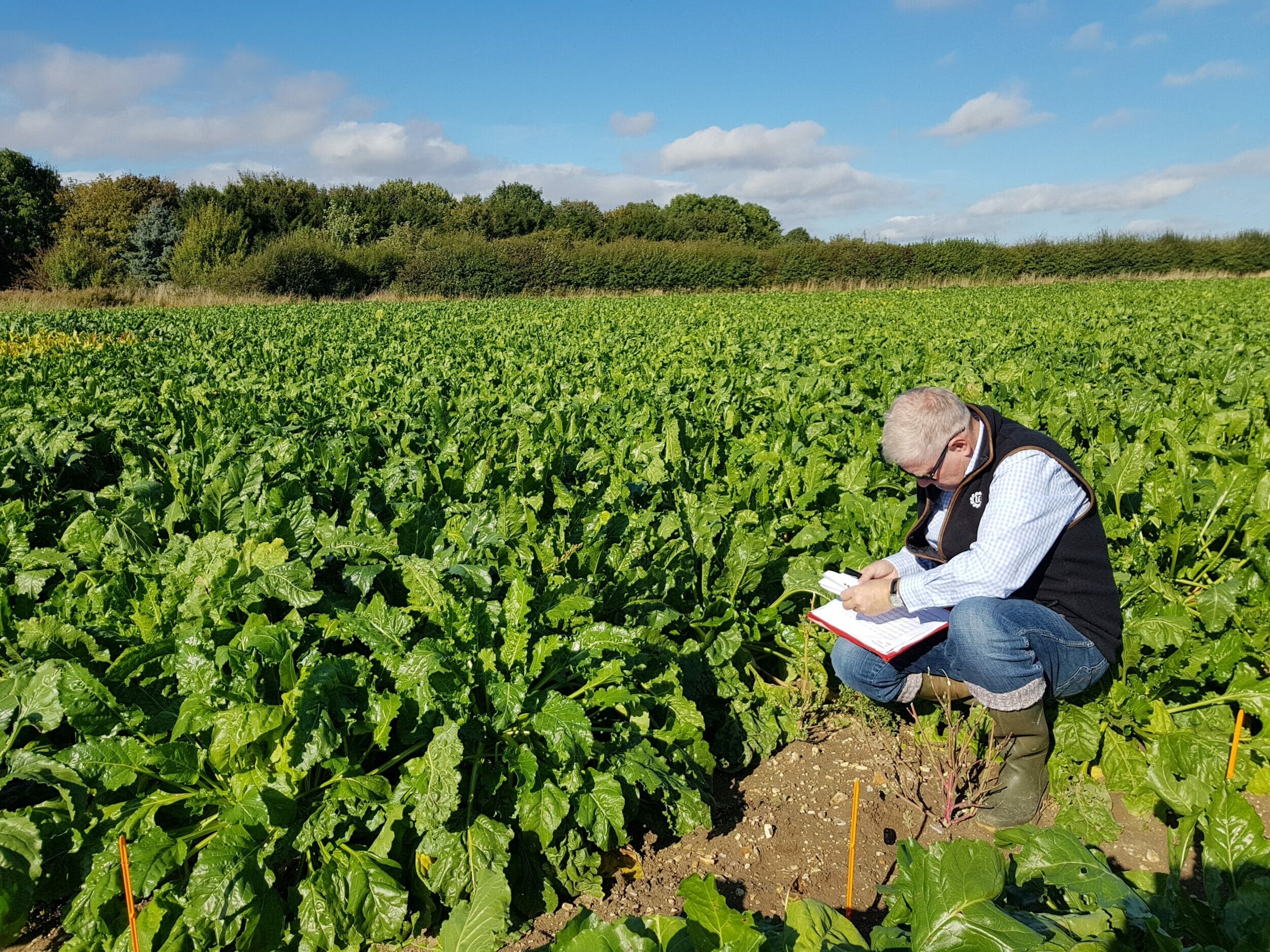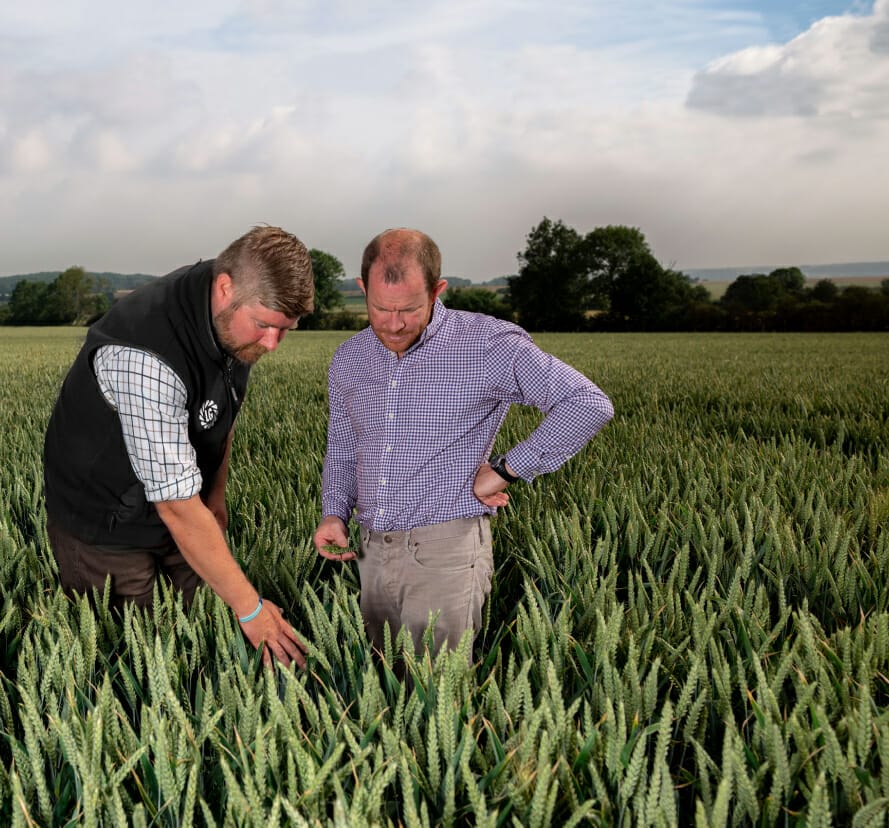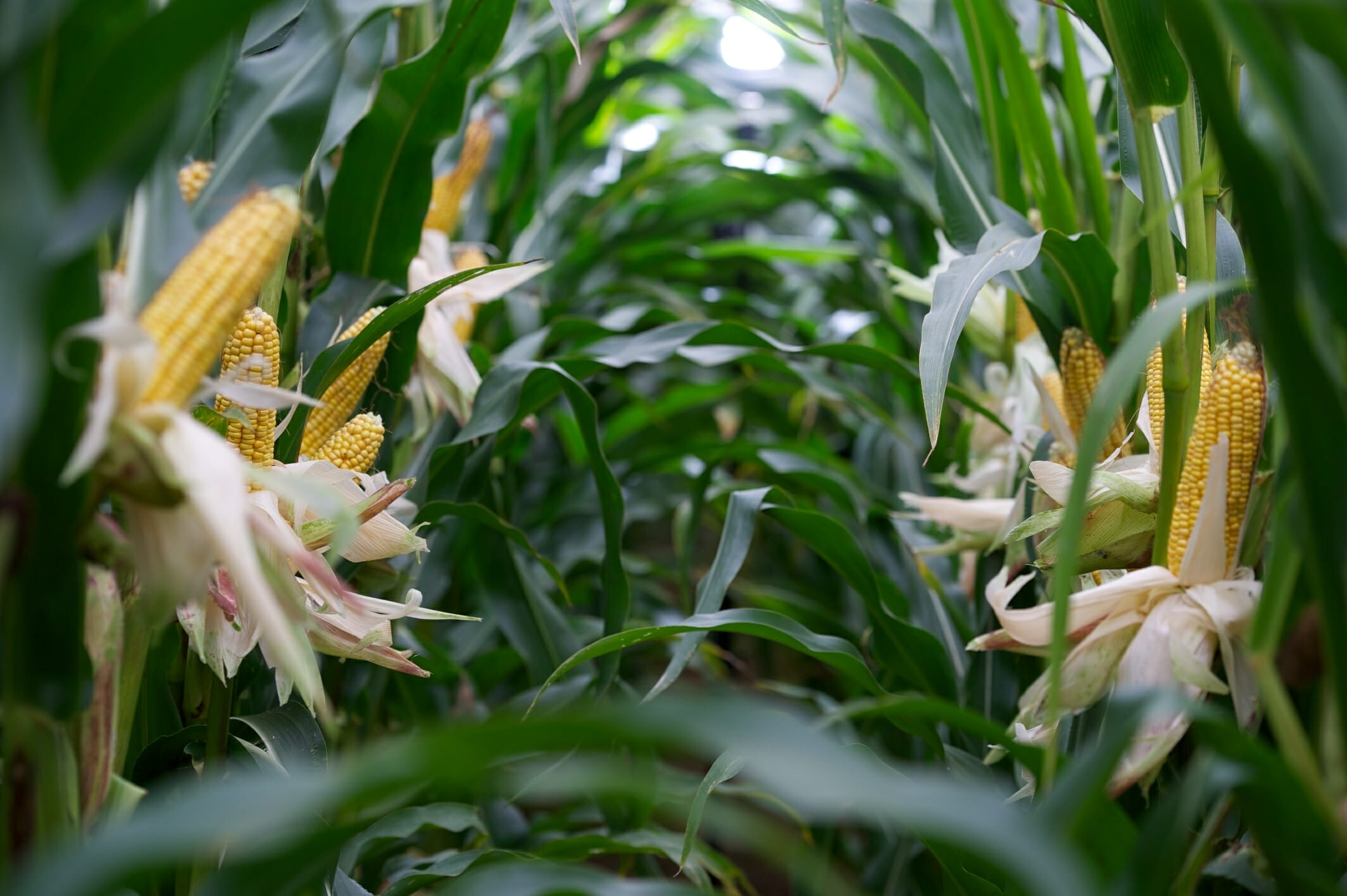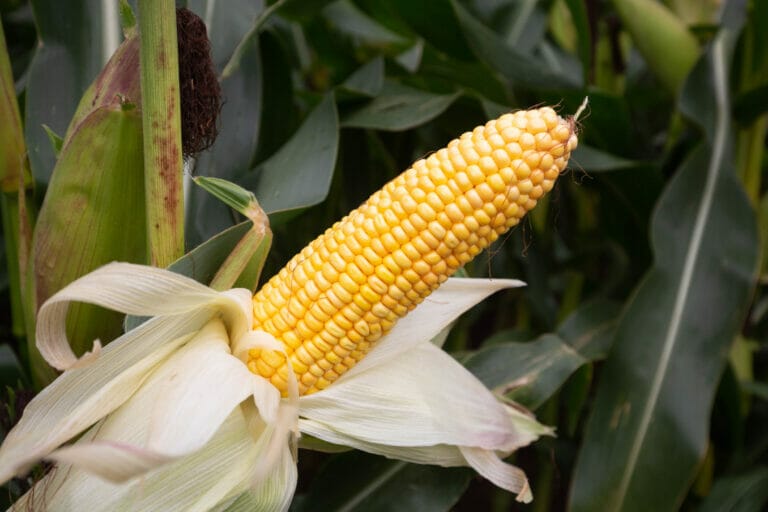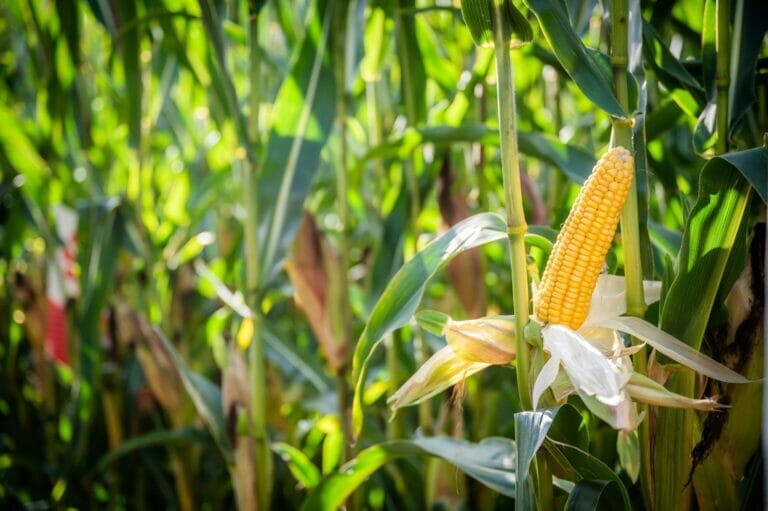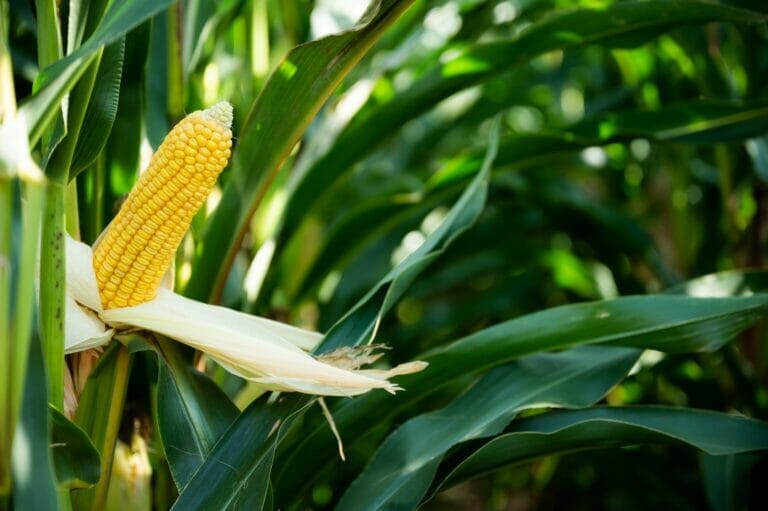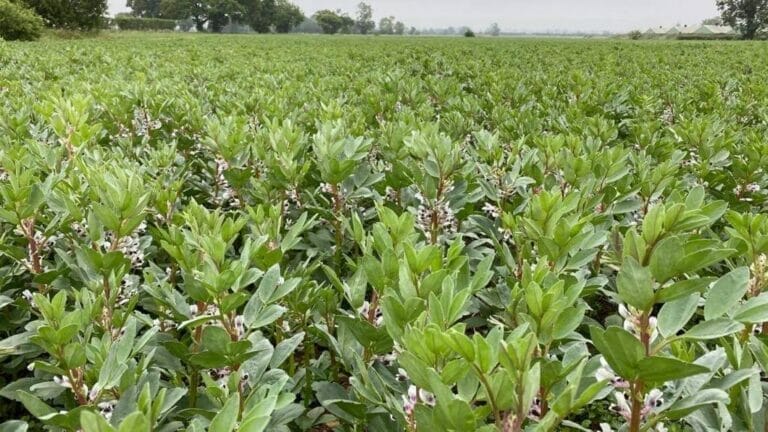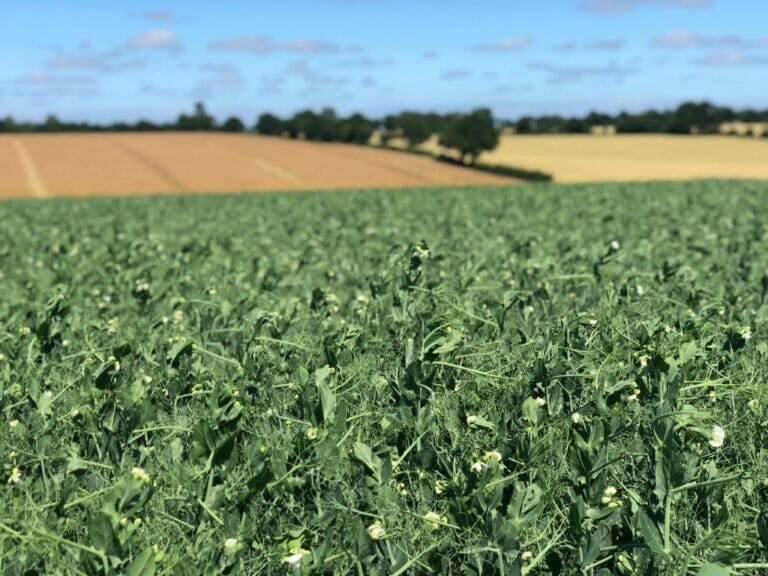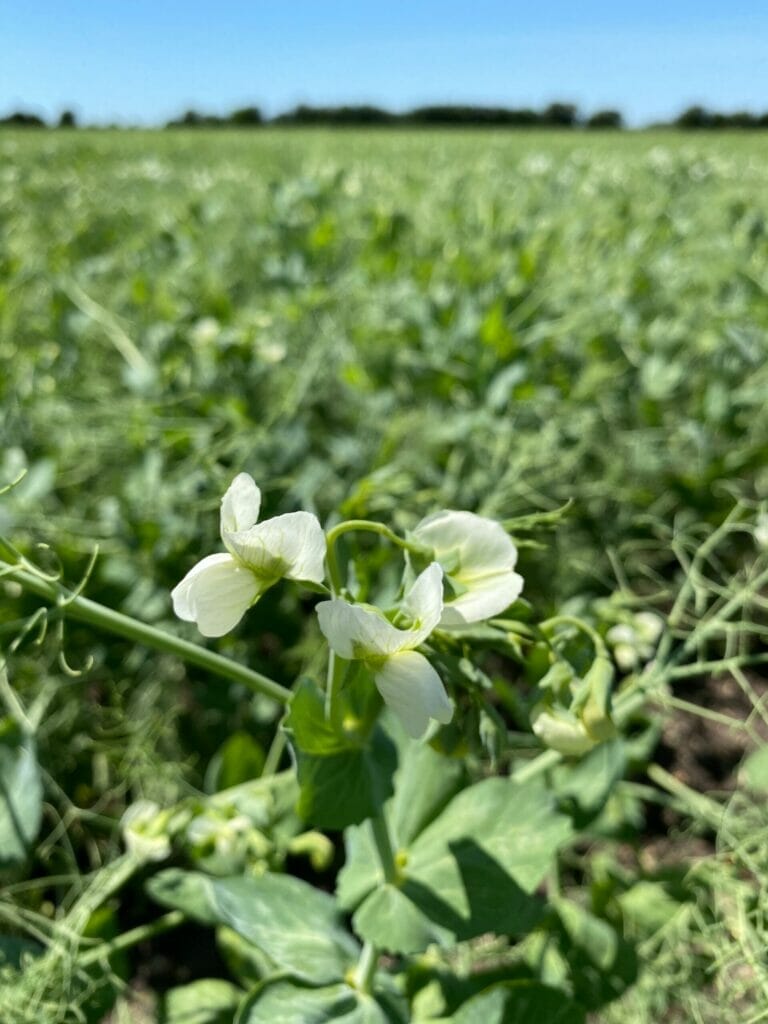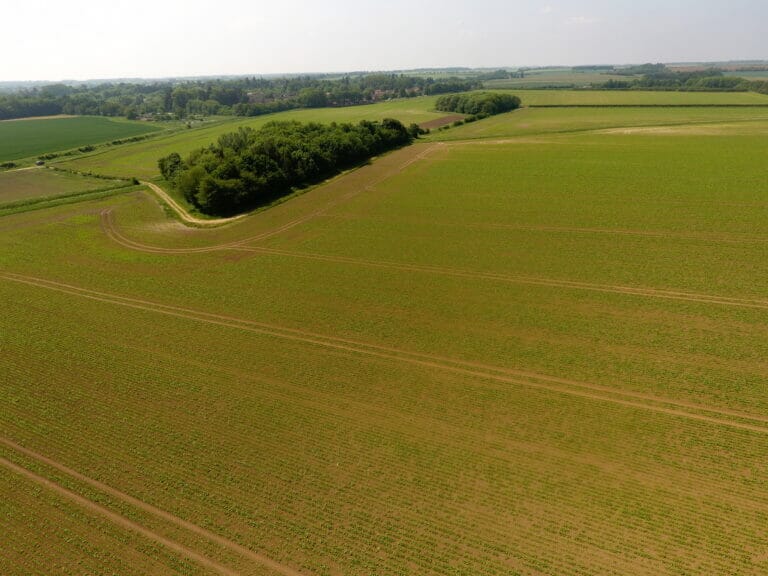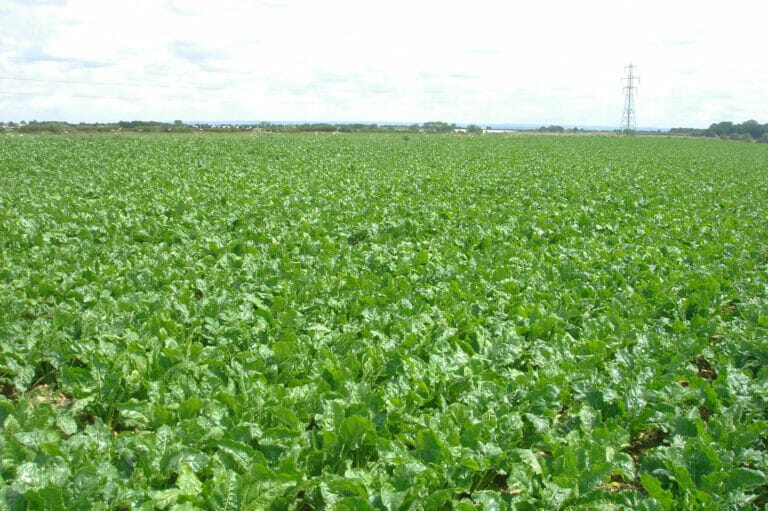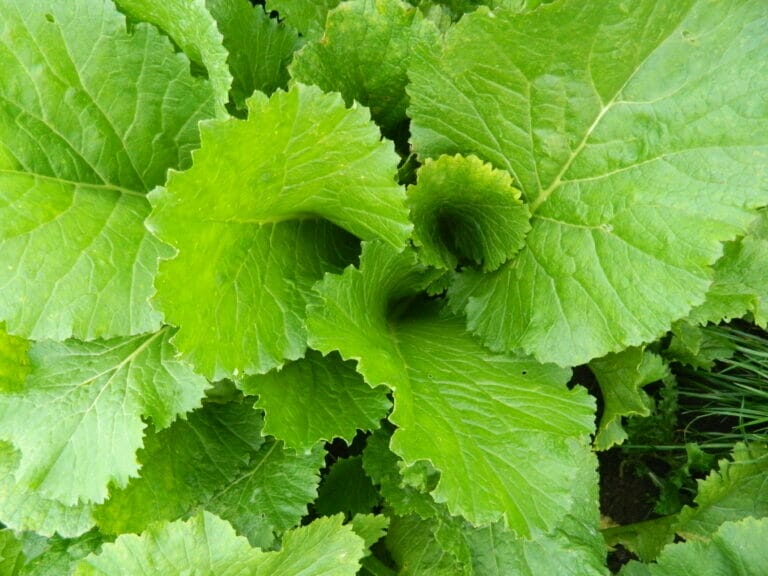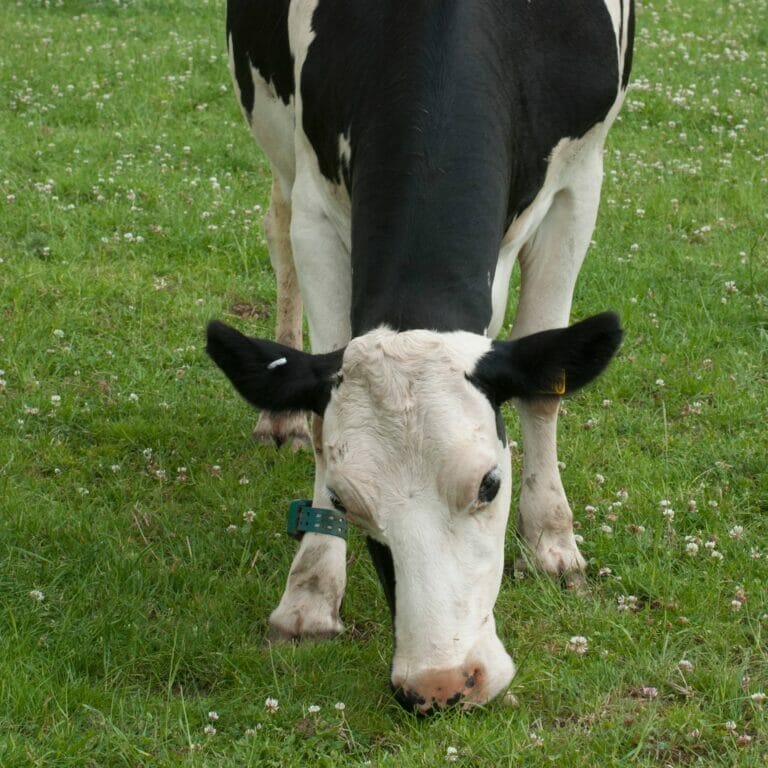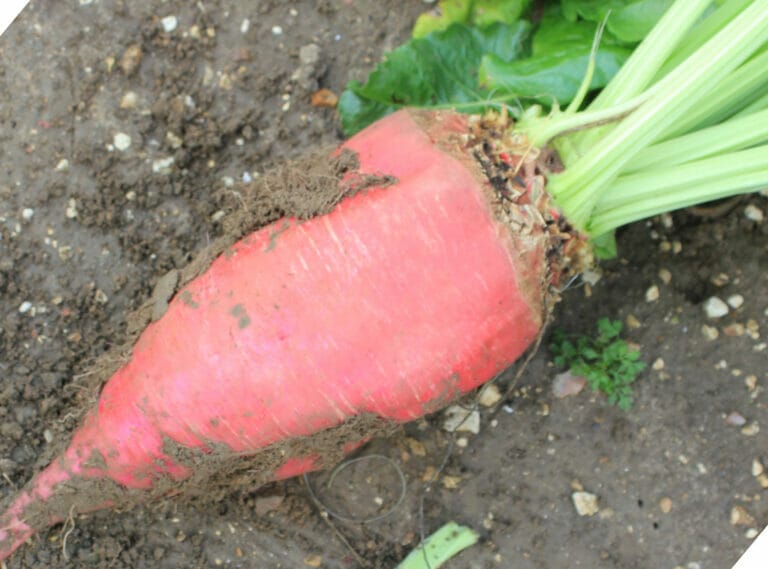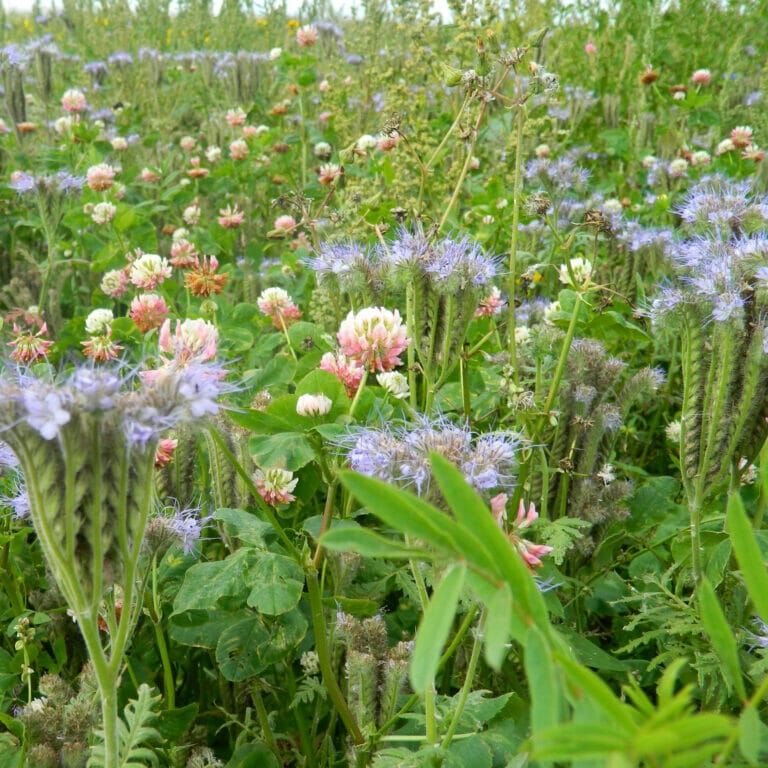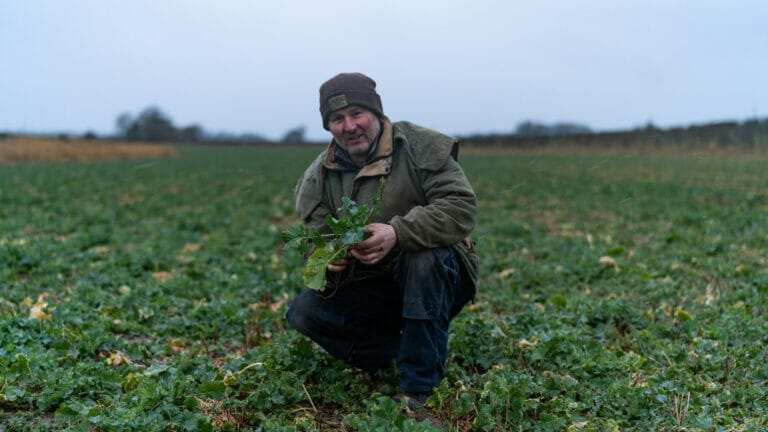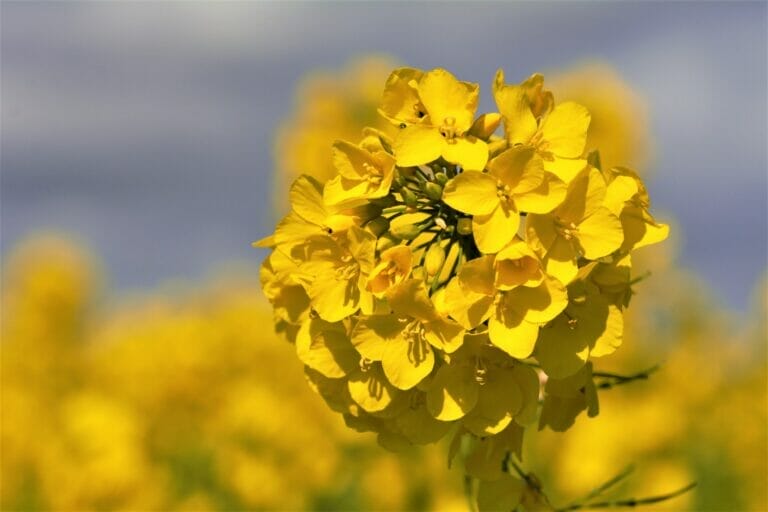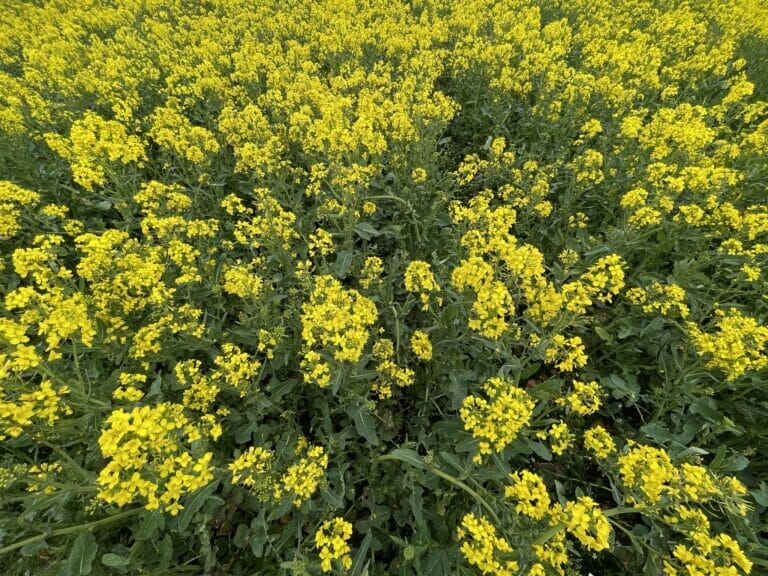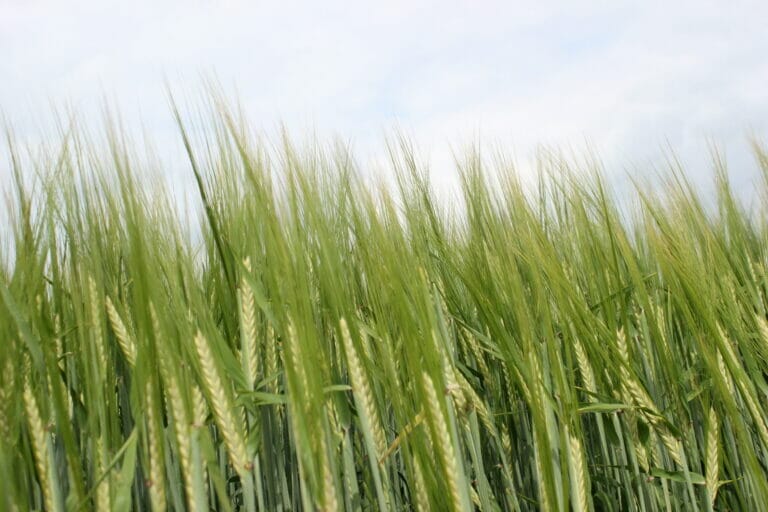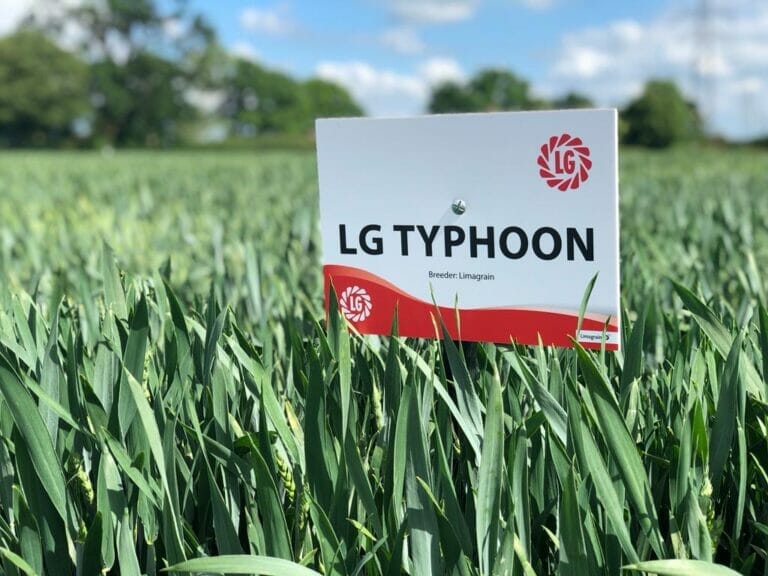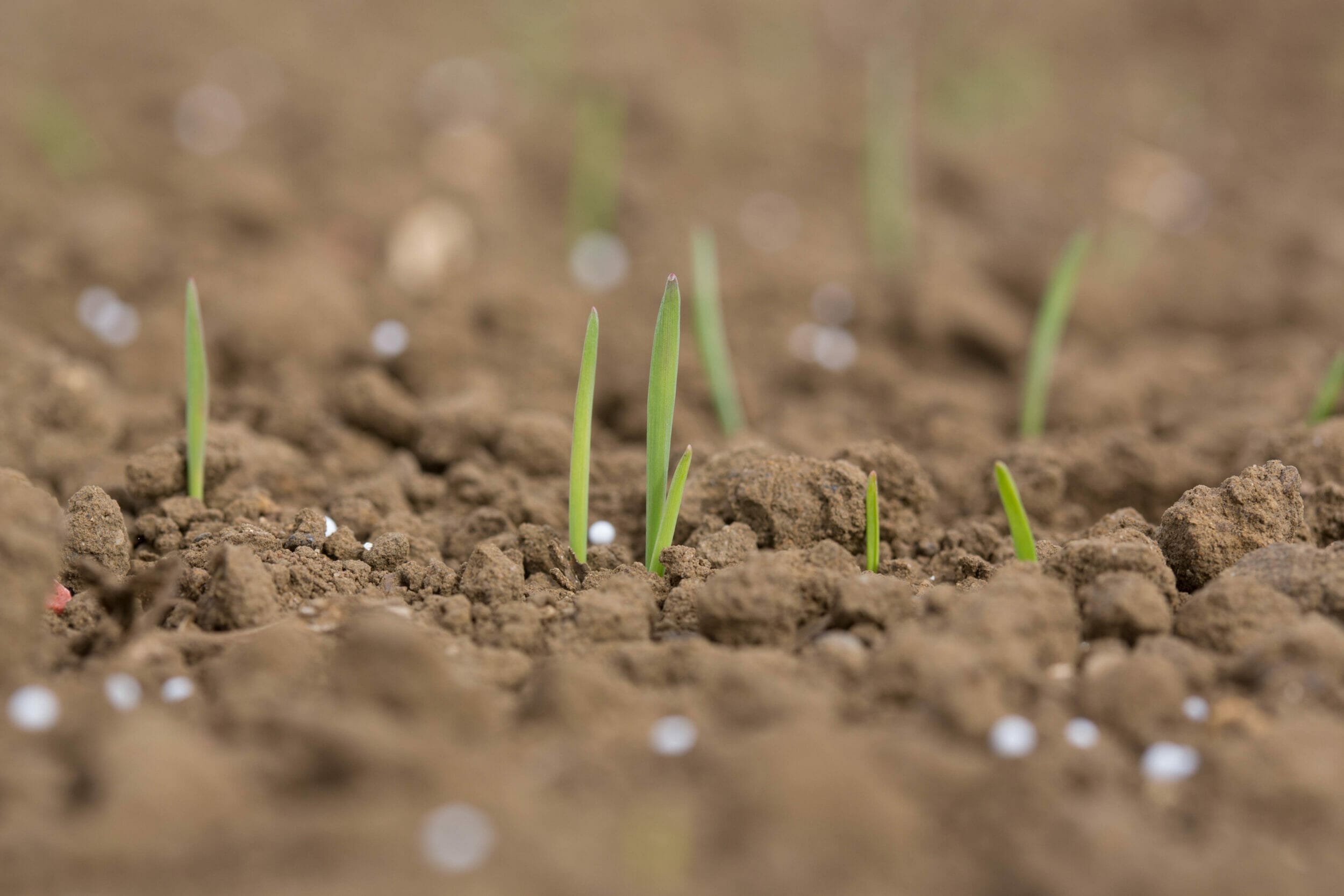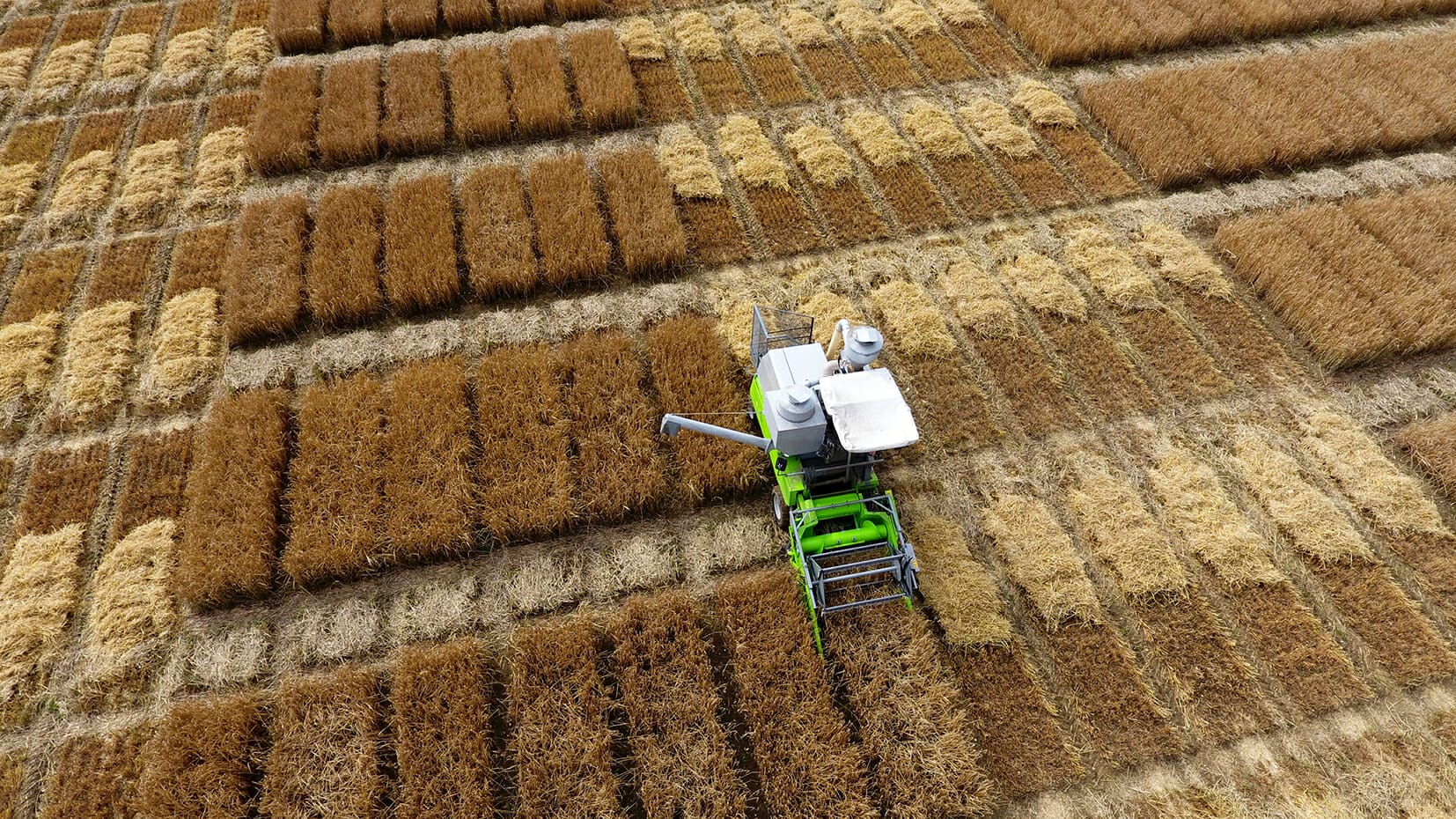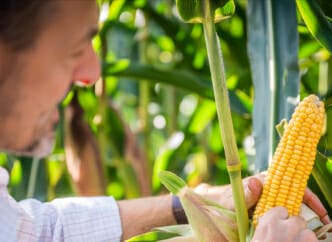Many varieties do not make the AHDB Recommended List (RL) based purely on their yield, however they often offer valuable agronomic traits and it is worth considering these when making decisions for this autumn, what is on offer depending on what the particular issue is, he says.
Jim continues; “In the north for a variety to be successful it must offer good early vigour and autumn development in order to have the best chance of establishing strongly, resisting early pest and disease damage, and growing reliably away from the winter under increasingly variable and challenging climatic conditions.” 
“This early growth habit can be influenced by seed rate, soil fertility and sowing time, but it’s largely genetic, allowing varieties to be selected to make the most of different conditions.”
“In our trials and demonstration sites throughout the north of England and Scotland, we look at a range of varieties that are both on and off the RL, and measure these for relevant attributes.”
For the coming season, we are particularly impressed with the hybrid variety, Archimedes from Limagrain UK that is not only clubroot resistant, but has demonstrated excellent agronomic characteristics that suit northern growing conditions.”
“Archimedes has been particularly impressive in terms of its vigour; in our trials it has shown itself to be a variety that gets up and away quickly – much more so than the Recommended Lists clubroot variety, Mentor. Mentor can struggle a bit in terms of establishment in the more challenging conditions up north, unless sown early.”
Senior OSR breeder at Limagrain Dr Vasilis Gegas, explains that Archimedes has completed National List trials, but has a slightly lower gross output to similar varieties which is why it is not on the RL. However he points out that whilst some varieties, such as Mentor, may have a higher gross output on paper, it is not going to reach its potential if it doesn’t establish well in the autumn.
Mr Carswell agrees and underlines the need for a good set of agronomics to support the variety. “Up north we need earlier flowering and maturing varieties, attributes which Archimedes offers and the variety also has pod shatter resistance; an important attribute for securing full yield potential.”
“Archimedes has robust disease resistance ratings valued by northern growers, offering a 6 for Light Leaf Spot and an impressive 8 for stem canker.”
Archimedes is a medium-tall variety with good lodging resistance and stem stiffness.
Agronomic Performance Data
| ARCHIMEDES | *Mentor | *Cracker | PR46W21 | |
| Resistance to Lodging | 8 | 8 | 8 | 8 |
| Stem Stiffness | 7 | 9 | 8 | 8 |
| Plant Height (cm) | 159 | 148 | 153 | 156 |
| Earliness of Flowering | 6 | 6 | 7 | 6 |
| Earliness of Maturity | 7 | 5 | 5 | 6 |
| Oil Content @ 9% moisture | 42.7 | 45.9 | 43.9 | 45.2 |
January 2016. Data from the AHDB NL2 Candidate report – North 2-year summary 2014/15 data. *Mentor and *Cracker data from the Recommended Lists database 2016/17, North Region. On the 1-9 scales, high figures indicate that a variety shows the character to a high degree. Clubroot varieties have specific resistance to clubroot which is efficient in most cases but does not guarantee 100% resistance in situations of evolving strains.
Dr Gegas reminds growers of the importance of selecting a clubroot resistant variety in those regions that clubroot severity is expected to be high.
 “Closer rotations of OSR crops and brassicas, warm and wet winters, and flooding all lead to higher incidences of the clubroot pathogen, and the effects of infection should not be underestimated, as crops infected – even if not showing symptoms – will result in a yield penalty.”
“Closer rotations of OSR crops and brassicas, warm and wet winters, and flooding all lead to higher incidences of the clubroot pathogen, and the effects of infection should not be underestimated, as crops infected – even if not showing symptoms – will result in a yield penalty.”
“Yields can be affected even at low incidence of the pathogen, and severe cases can lead to secondary rot of the roots, or even total plant loss.”
“It’s important however to adopt a management strategy that includes wider rotations (at least 5 years between Brassicas) and close monitoring of risk factors (soil pH, calcium levels, drainage, cross-contamination) – to avoid over-reliance on resistant varieties,” he says.

